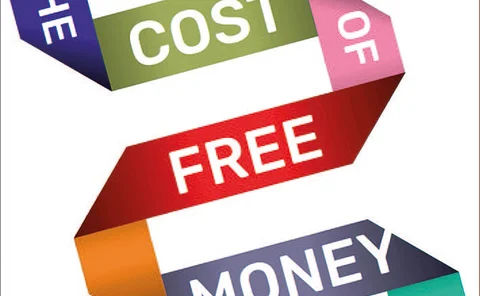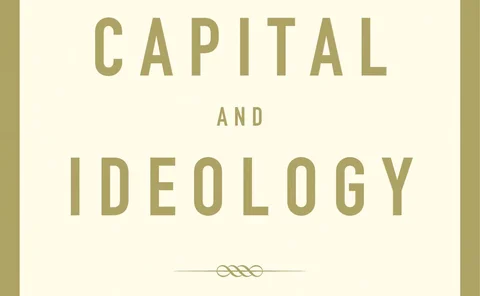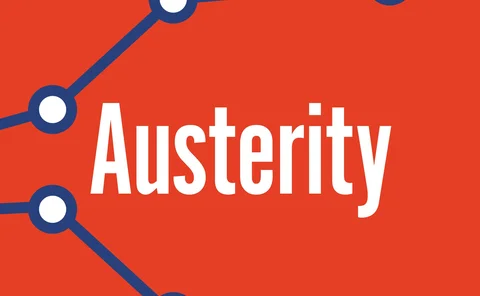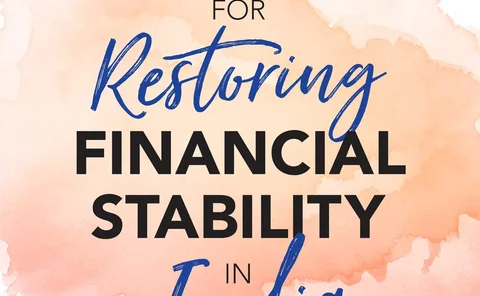Book reviews
Book notes: Shutdown, by Adam Tooze
A useful, wide-ranging overview, showing how health and economic policies are intimately intertwined with geopolitics
Book notes: Imagining the Fed, by Nicolas Thompson
A worthwhile perspective on the evolution of such an important institution, but a shame that it isn’t a longer and broader examination
Book notes: The cost of free money, by Paola Subacchi
A book worth reading, as it facilitates further discussion on substantial issues, but doesn’t fully address some of the problems it takes aim at
Book notes: Shades of sovereignty, by Paul Wilson
An essential and stimulating read for central bankers thinking about the monetary history of their state in relation to its historical perspective and broad international trends
Book notes: Empire of silver, by Jin Xu
A useful introduction to China’s monetary history, focusing on the last 1,000 years, but not the easiest of reads throughout
Book notes: Monetary policy in times of crisis, by Massimo Rostagno et al
A mass of intellectual effort gives rare insights into the ECB’s inner working, but fails to fully address questions about who really controls inflation
Book notes: Robert Triffin, by Ivo Maes with Ilaria Pasotti
Triffin’s story is well told by Maes, whose extensive personal and academic research shines through on page after page
Book notes: How boards work, by Dambisa Moyo
Moyo offers insights into the skills required to be a valued board director, as well as a thought-provoking list of issues that may appear with greater frequency on future board agendas
Book notes: Fintech regulation in China, by Robin Hui Huang
The book includes meticulous exploration of detailed regulations across the Chinese fintech sector, but risks missing some of the bigger picture due to China’s on/off oversight
Book notes: The pay off, by Gottfried Leibbrandt and Natasha de Terán
A timely introduction to and accessible survey of payment system developments
Book notes: Quantitative easing, by Jonathan Ashworth
Well-documented and fairly comprehensive book for anyone, including central bankers, wanting an overview of how monetary policy has evolved in recent decades
Book notes: The handbook of China’s financial system, edited by Marlene Amstad, Sun Guofeng and Xiong Wei
An important, comprehensive and informed overview of the current state of the Chinese financial system
Book notes: The political economy of bank regulation in developing countries, edited by Emily Jones
A pioneering academic – but reader-friendly – monograph on the response of peripheral countries to Basel standards
Book notes: Central banks as fiscal players, by Willem Buiter
Buiter puts a real economic problem into a convincing theoretical frame, and translates it into applicable policy advice
Book notes: Economic philosophies, by Alessandro Roselli
Roselli’s analytical and historical exploration is especially valuable now, writes Robert Pringle
Book notes: Capital and ideology, by Thomas Piketty
A political pamphlet like Milton’s ‘Areopagitica’, but longer
Book notes: Asset management at central banks and monetary authorities, edited by Jacob Bjorheim
This excellent book fills a critical gap existing since IMF guidelines on asset management were revised
Book notes: The political economy of the special relationship, by Jeremy Green
Unsatisfactory story about the decline and resurgence of the UK’s importance in the global financial system
Book notes: The currency cold war, by David Birch
Pleasant and interesting read on whether digital money will jeopardise the US dollar’s dominant role in global trade and finance
Book notes: The great demographic reversal, by Charles Goodhart and Manoj Pradhan
An important book, predicting that powerful demographic forces will upend conventional thinking on macroeconomics and policy
Book notes: Austerity, by Alberto Alesina, Carlo Favero and Francesco Giavazzi
When it works and when it doesn’t; every chapter is thorough, informative and persuasive
Book notes: Money, by Geoffrey Ingham
The incompatible theories of money: Ingham reveals the fundamental clash of ideas that shape the environment in which all central banks operate
Book notes: Quest for restoring financial stability in India, by Viral Acharya
A definitive contribution to the political economy of central banking in emerging economies, but Acharya does not acknowledge the challenges moving forward
Book notes: The menace of fiscal QE, by George Selgin
Much of this book is even more relevant, thought-provoking and important following Covid-19























